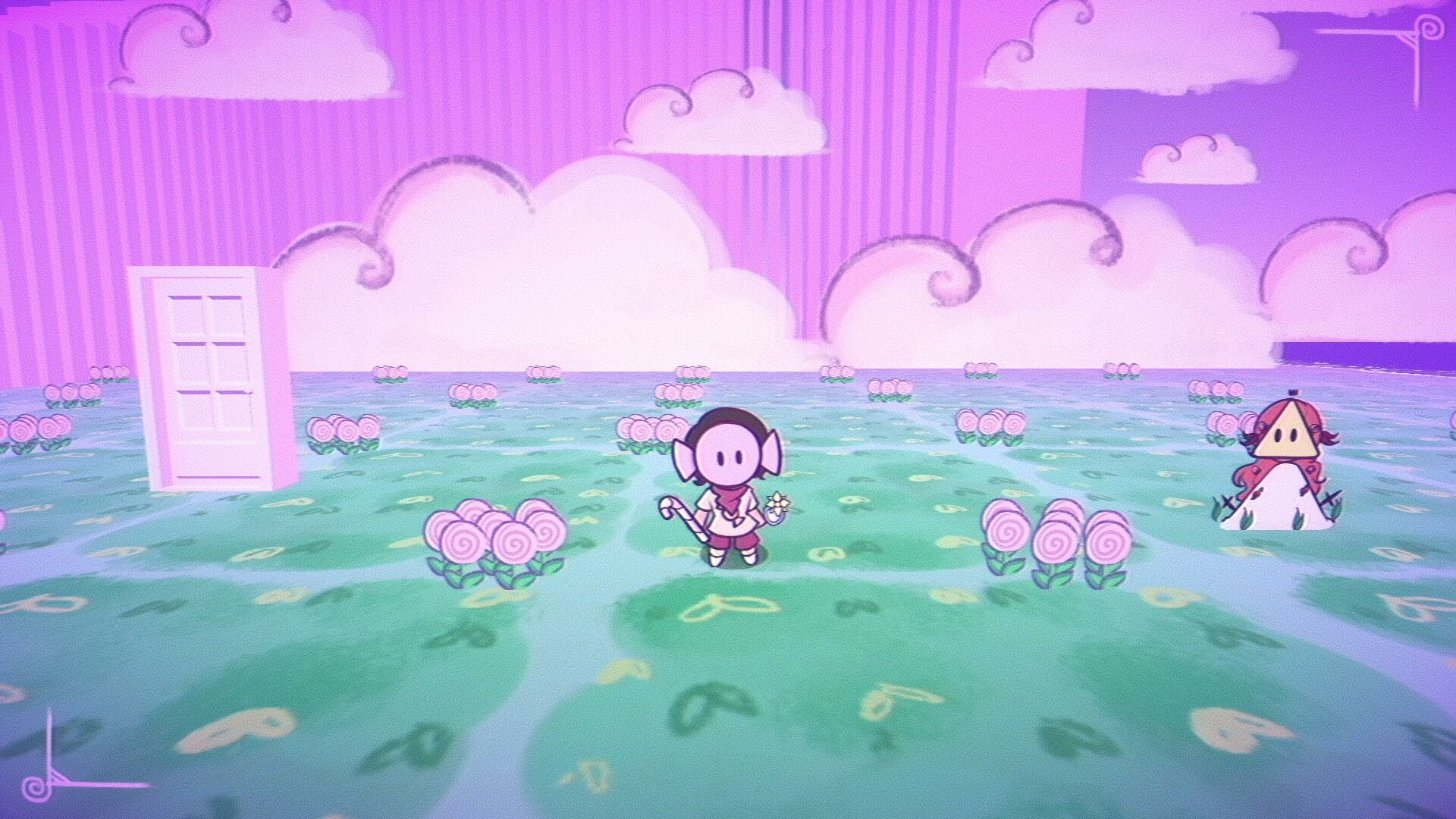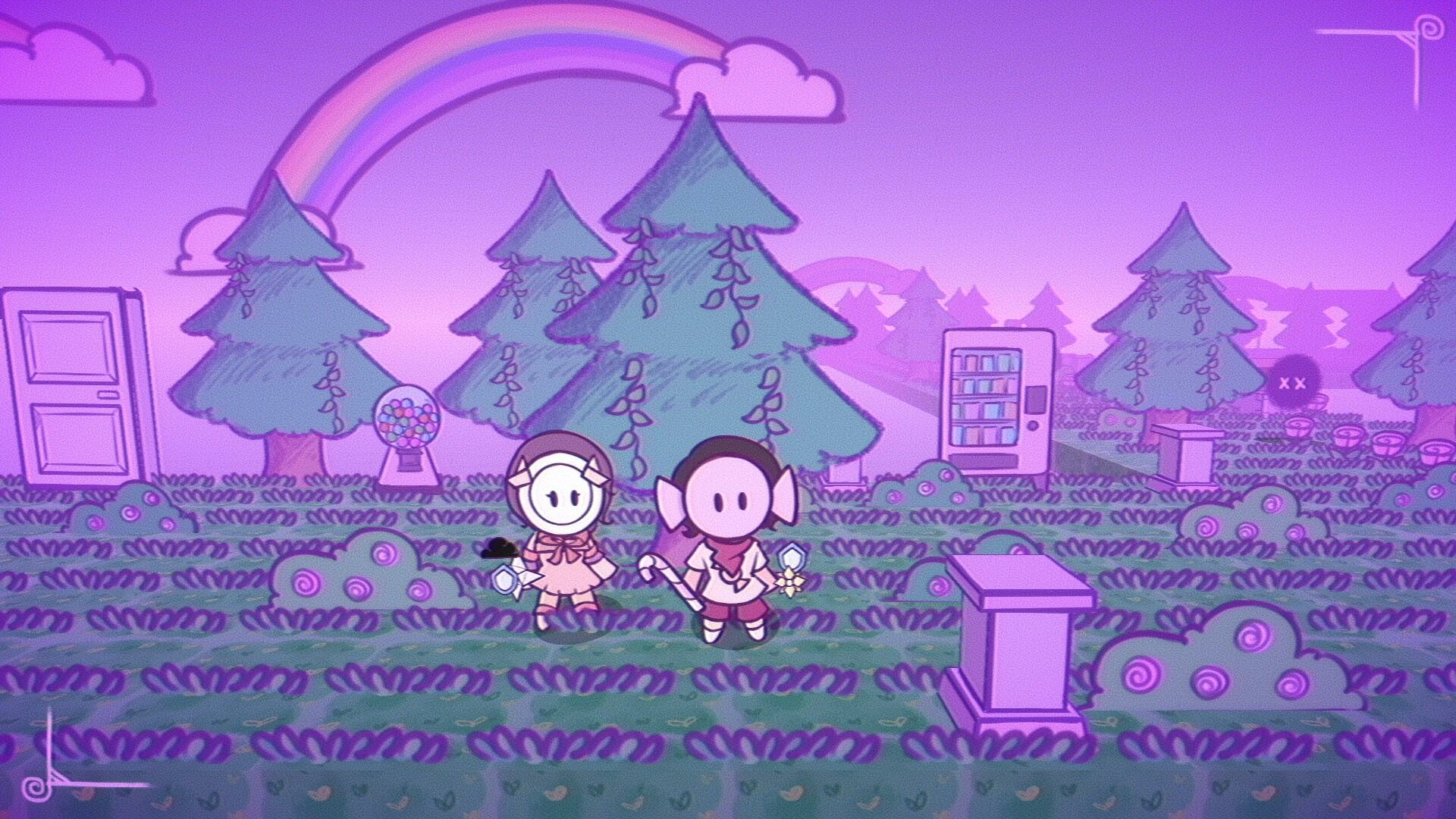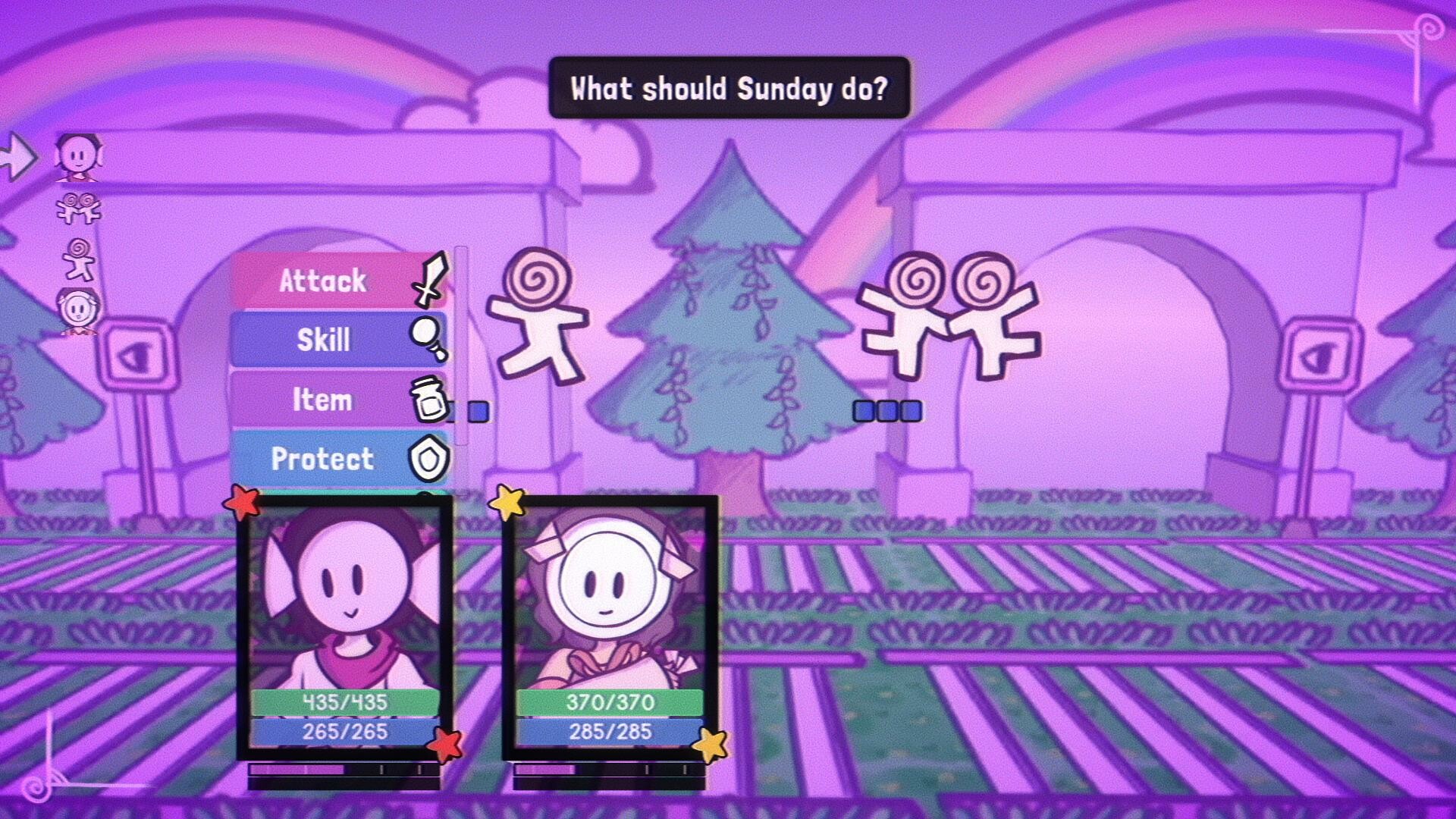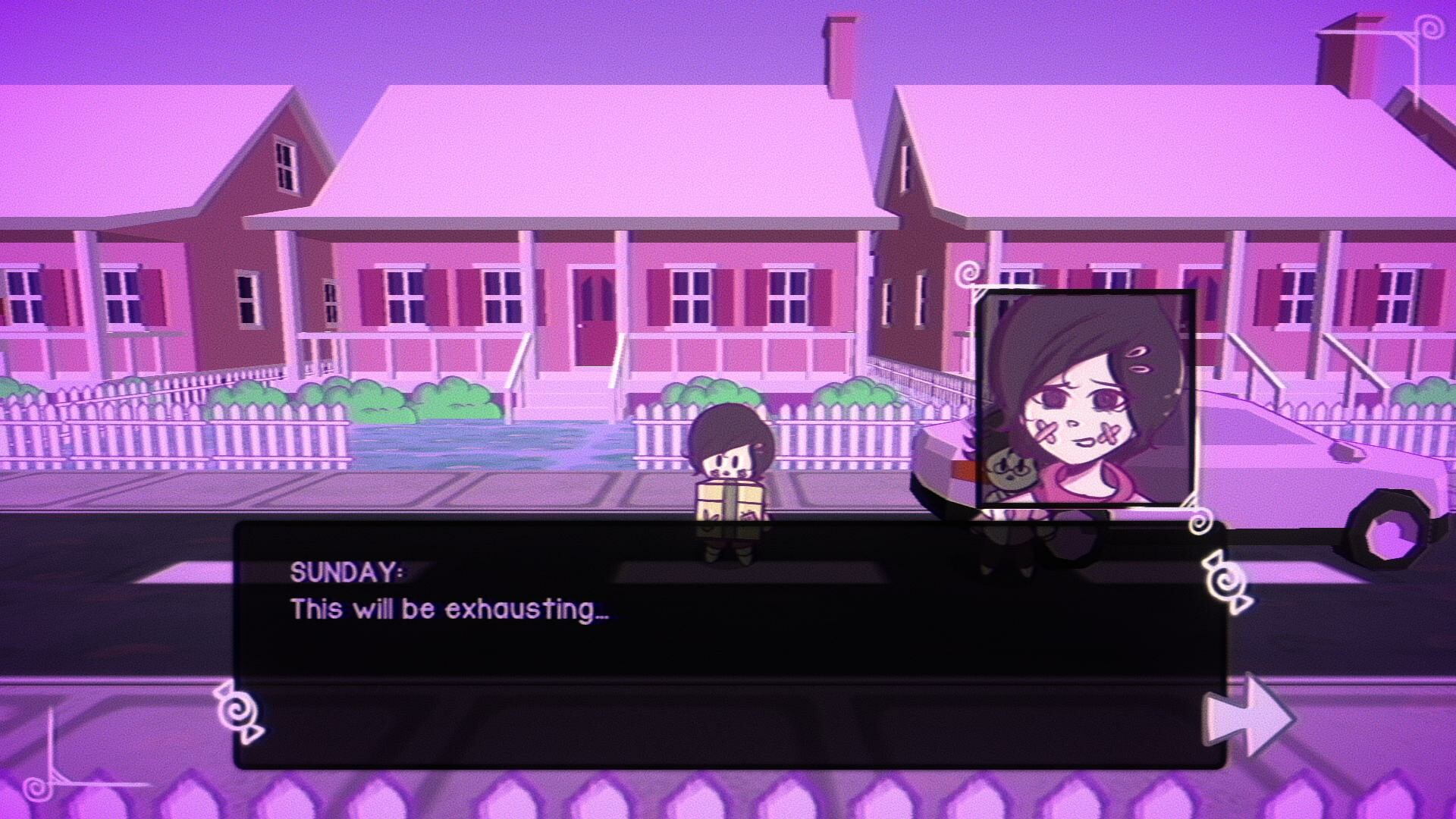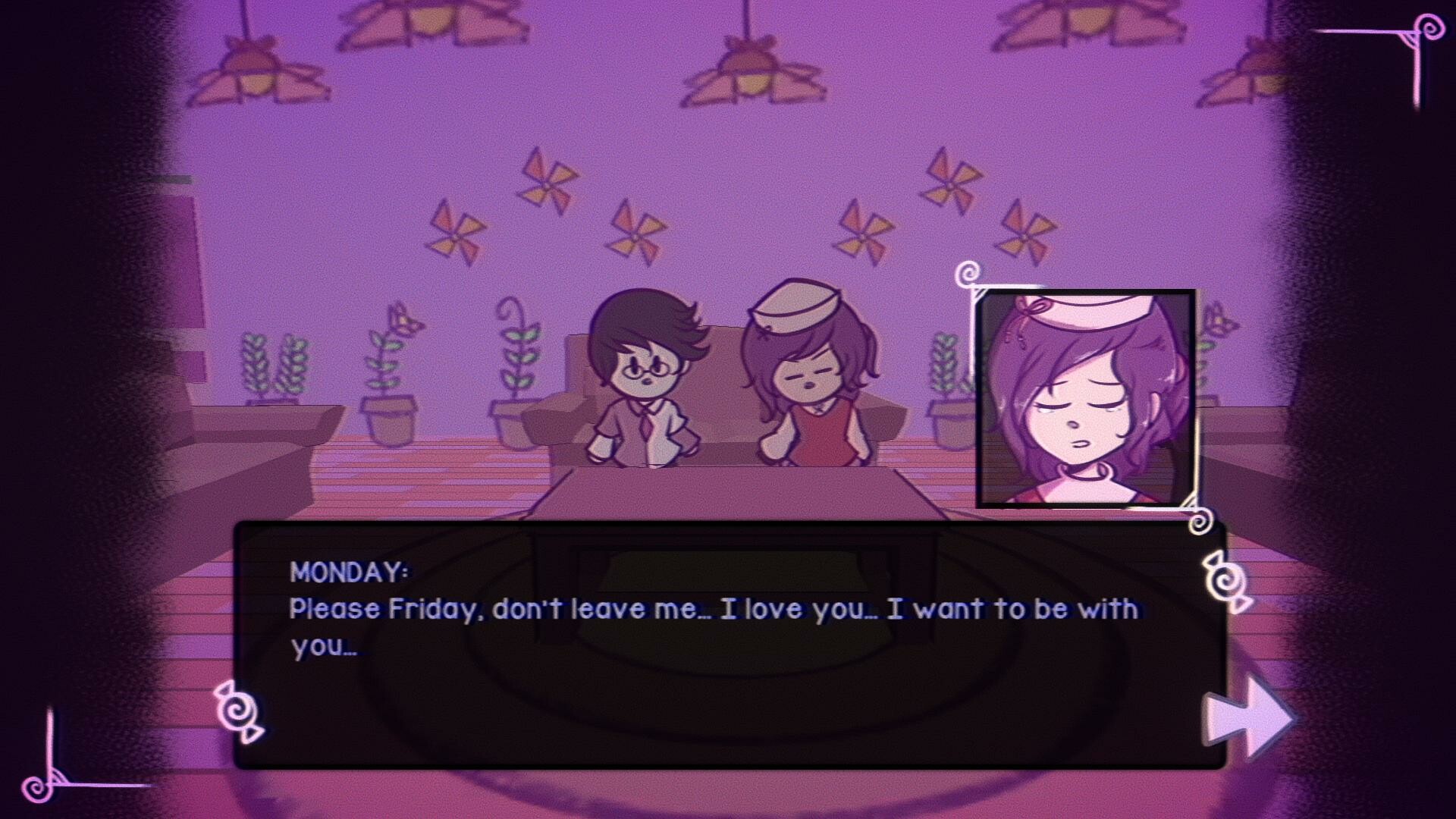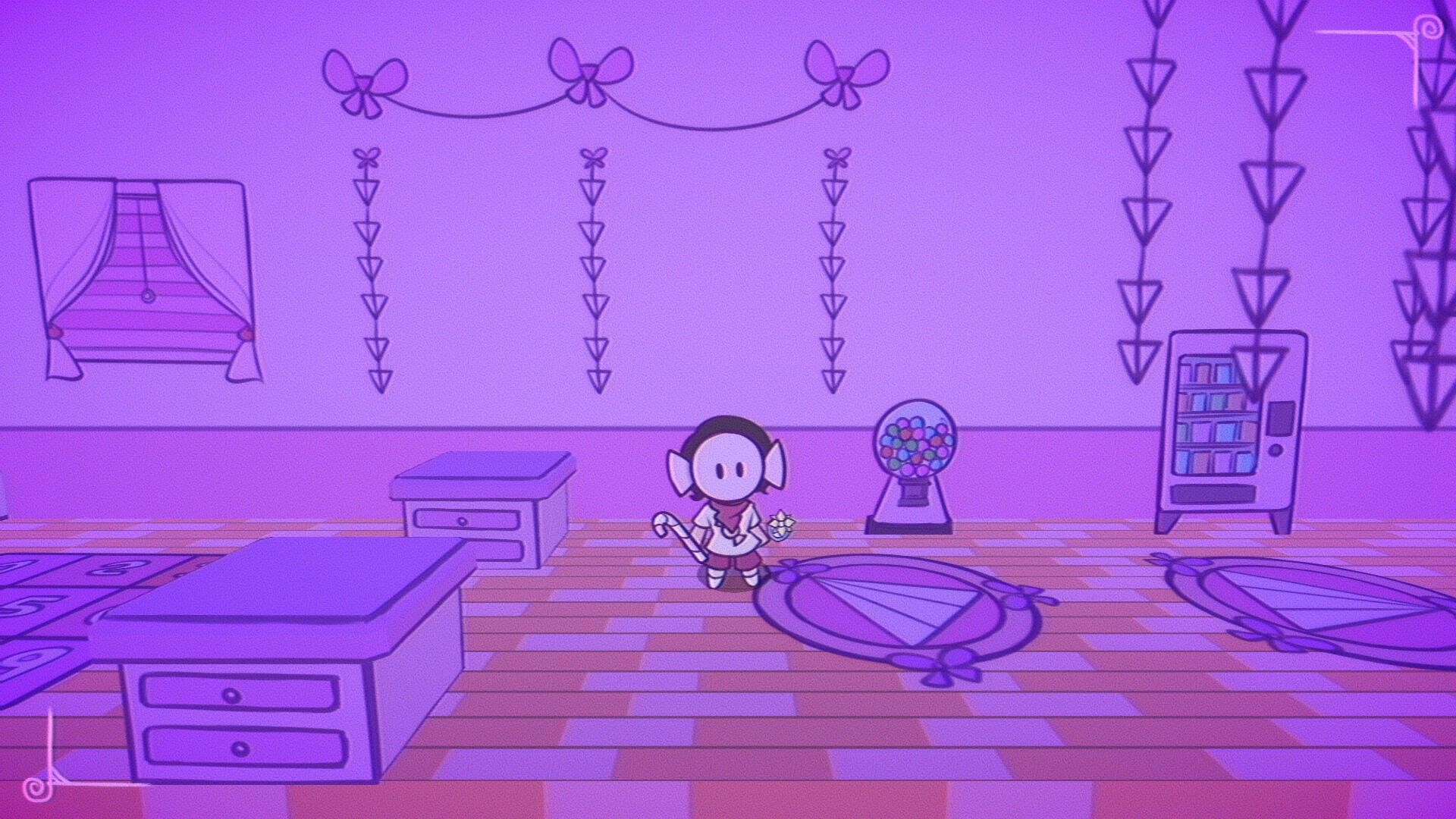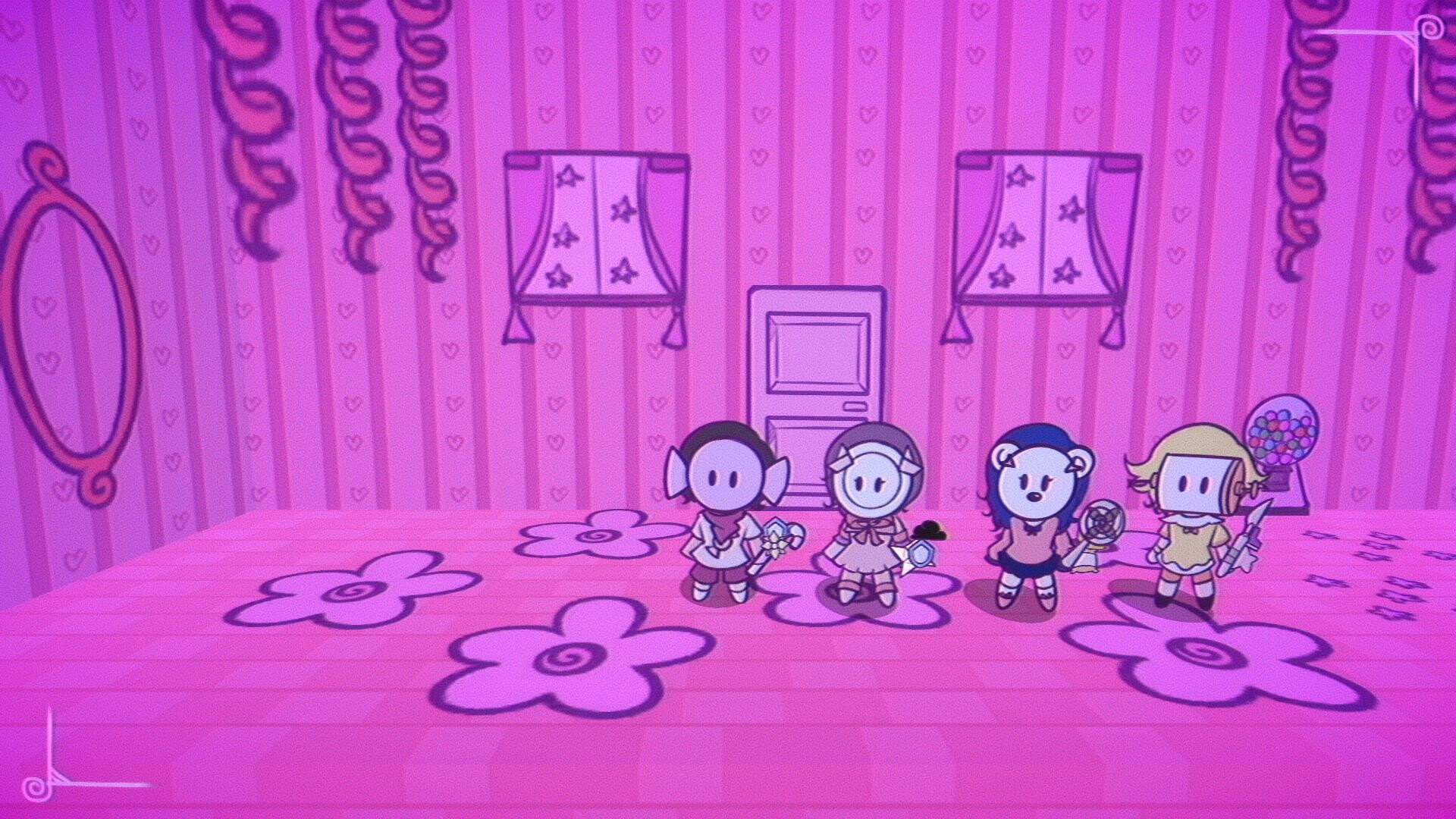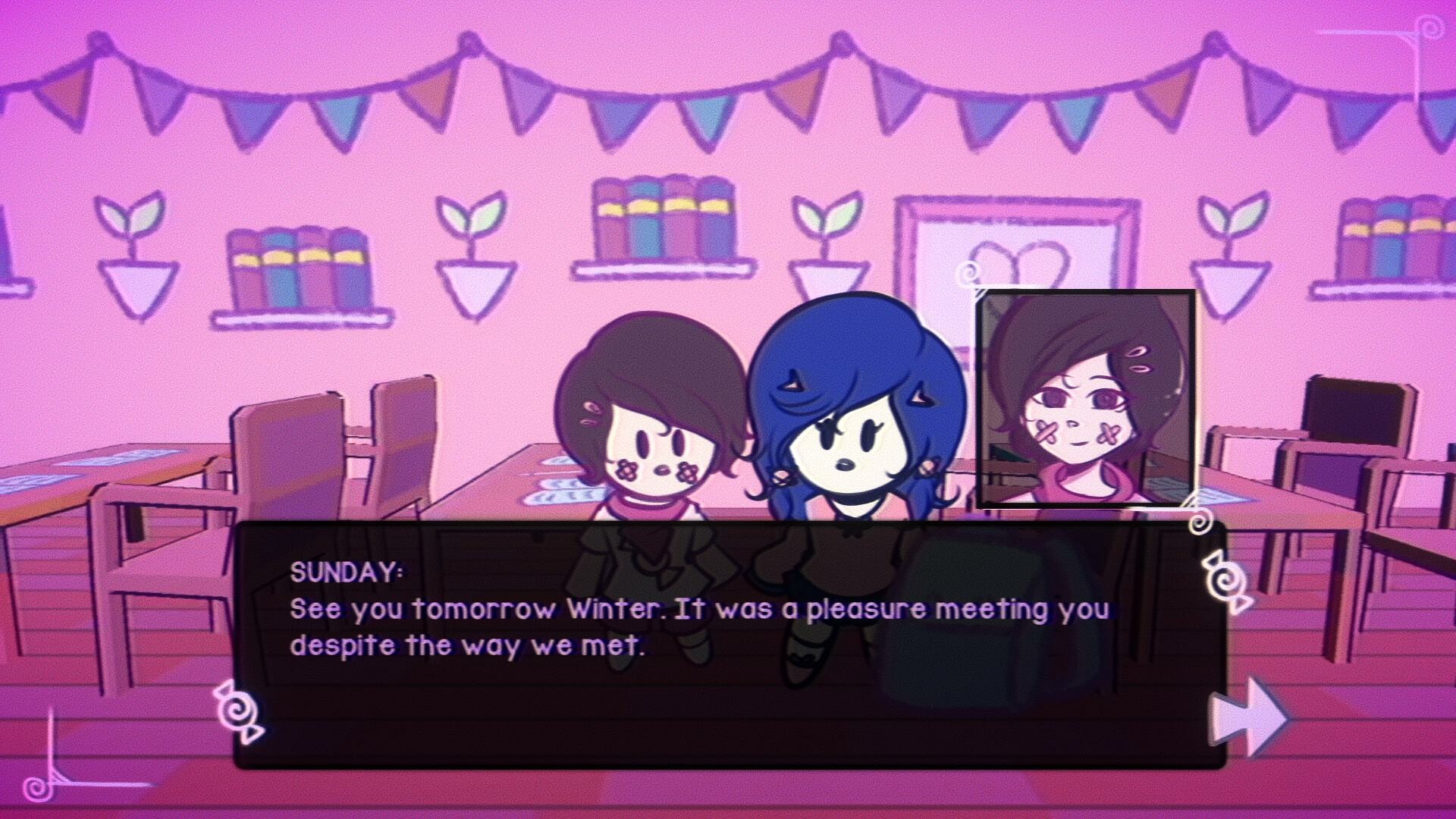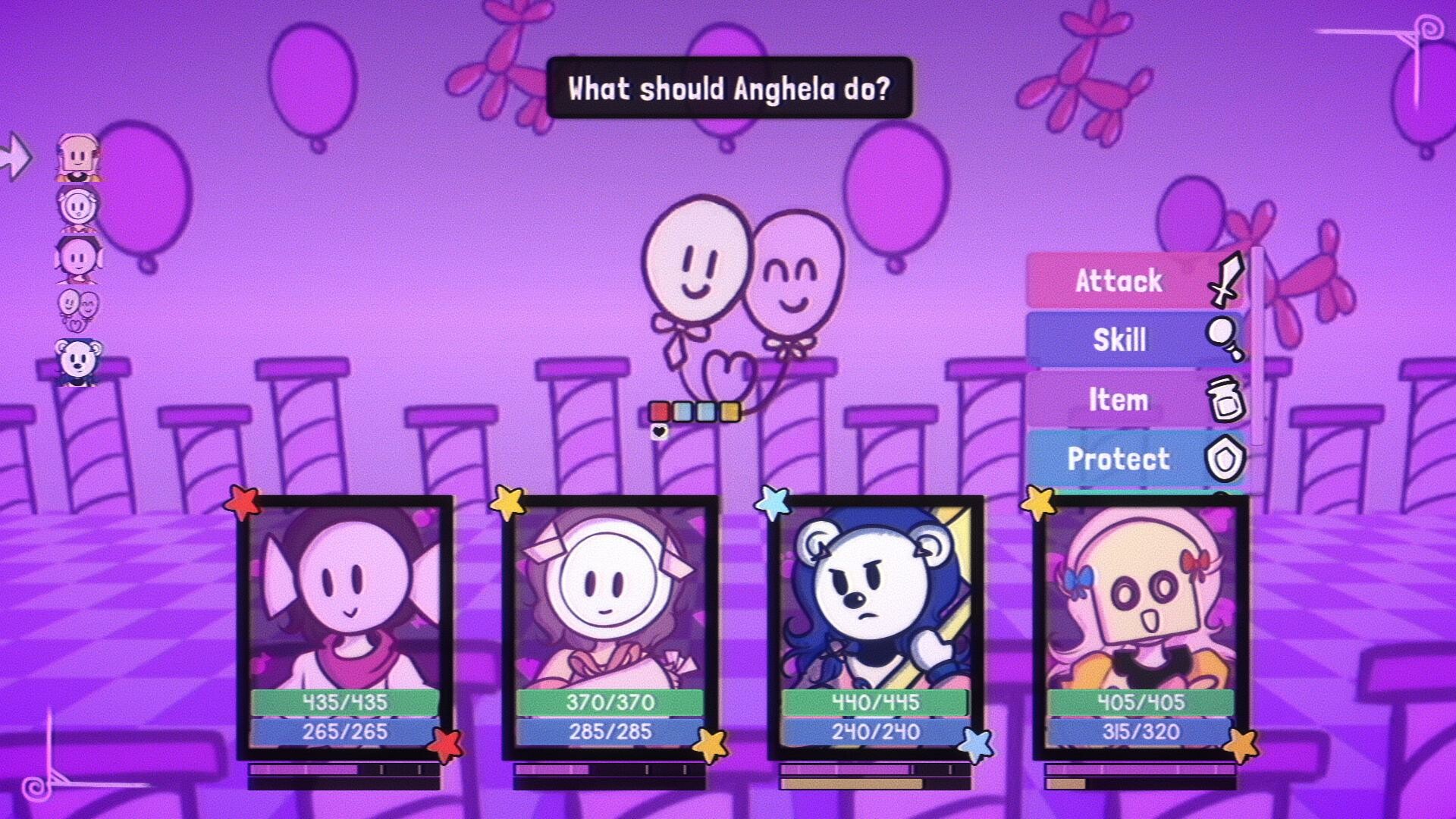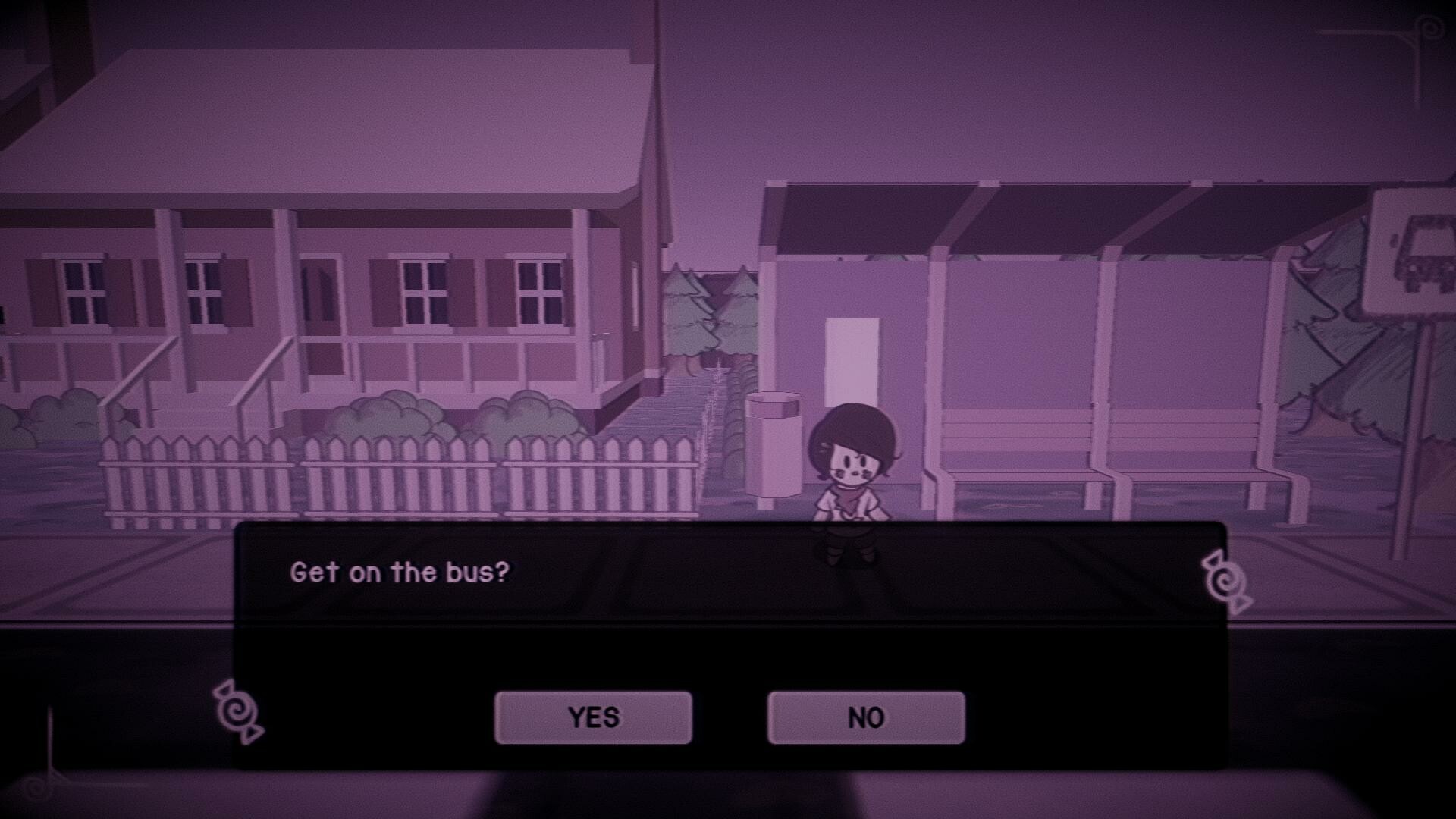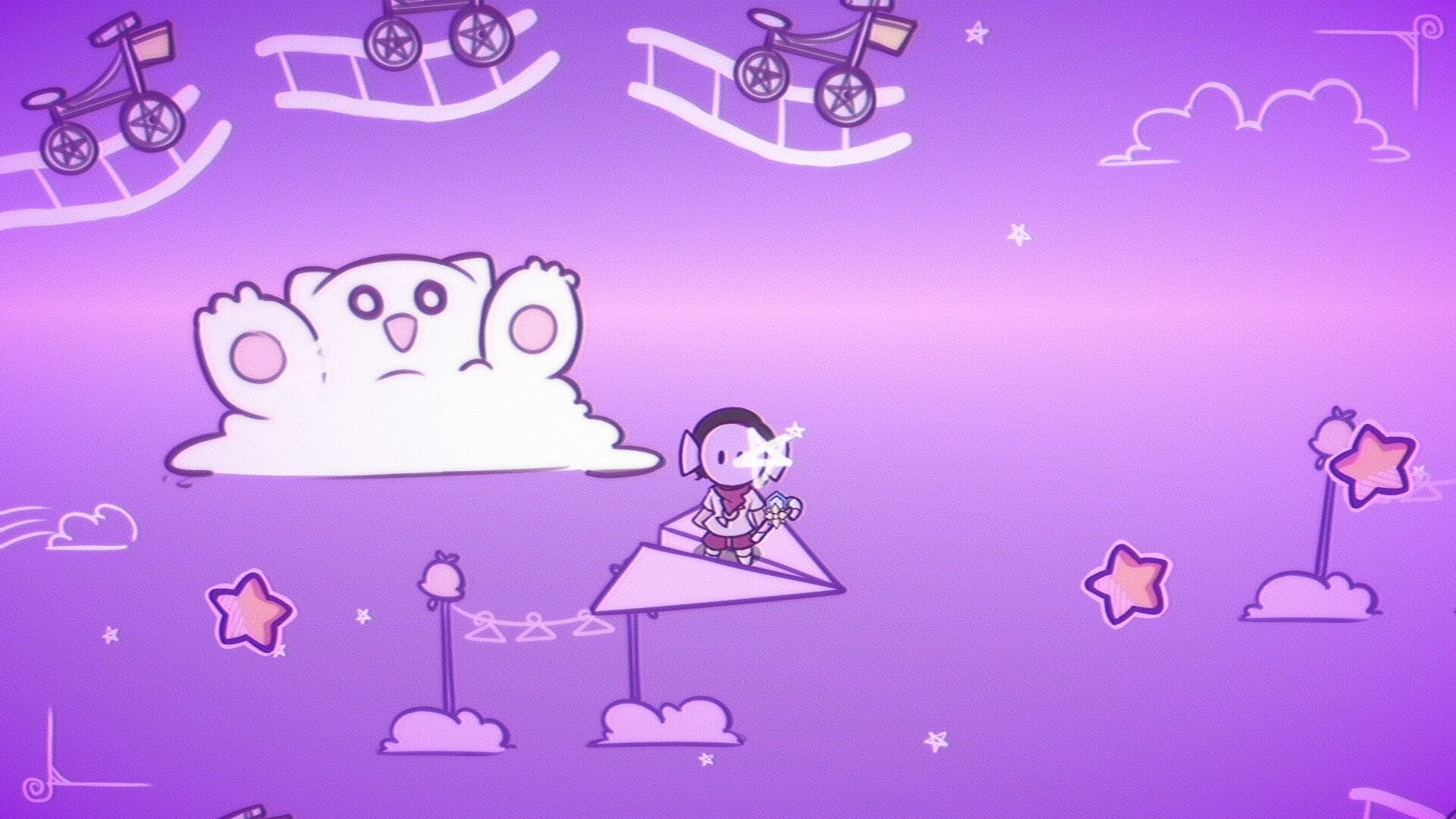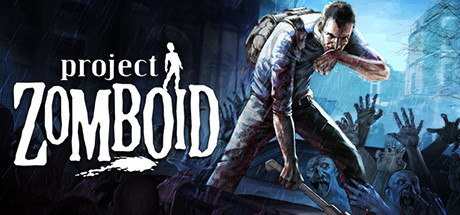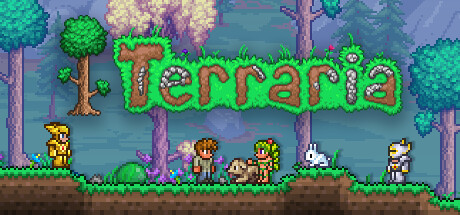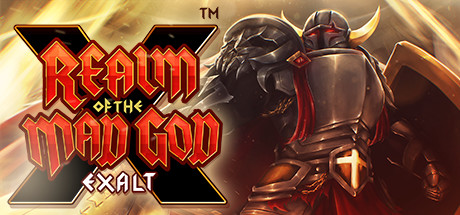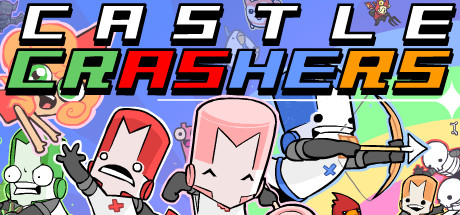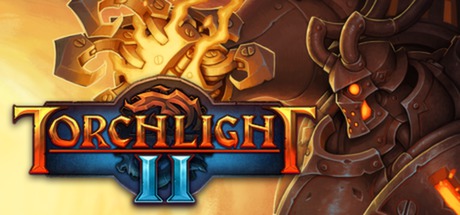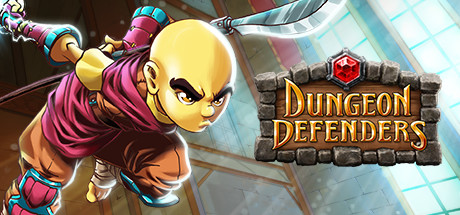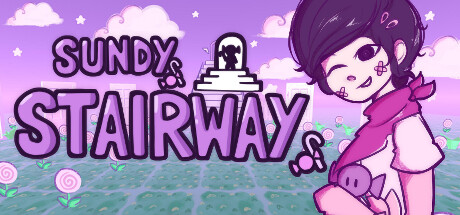
Rating
Sundy Stairway Steam Charts & Stats
| App ID | 2964920 |
| App Type | GAME |
| Developers | Yun Seven |
| Publishers | Yun Seven |
| Categories | Single-player, Steam Achievements |
| Genres | Indie, RPG |
| Release Date | Coming soon |
| Platforms | Windows |
| Supported Languages | English, Spanish - Spain, Russian, Korean, Spanish - Latin America |

Sundy Stairway has garnered a total of 8 reviews, with 5 positive reviews and 3 negative reviews, resulting in a ‘Mixed’ overall score.
Reviews Chart
Chart above illustrates the trend of feedback for Sundy Stairway over time, showcasing the dynamic changes in player opinions as new updates and features have been introduced. This visual representation helps to understand the game's reception and how it has evolved.
Recent Steam Reviews
This section displays the 10 most recent Steam reviews for the game, showcasing a mix of player experiences and sentiments. Each review summary includes the total playtime along with the number of thumbs-up and thumbs-down reactions, clearly indicating the community's feedback
Sundy Stairway Screenshots
View the gallery of screenshots from Sundy Stairway. These images showcase key moments and graphics of the game.
Sundy Stairway Minimum PC System Requirements
Minimum:- OS: 7
- Processor: i3
- Memory: 4 GB RAM
- Graphics: Any
Sundy Stairway has specific system requirements to ensure smooth gameplay. The minimum settings provide basic performance, while the recommended settings are designed to deliver the best gaming experience. Check the detailed requirements to ensure your system is compatible before making a purchase.


